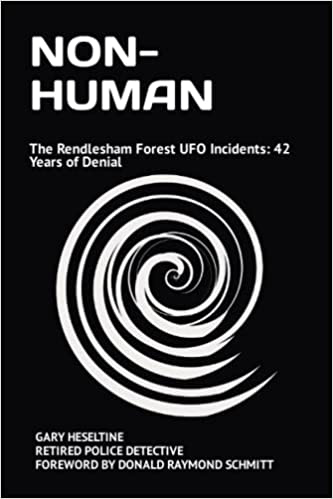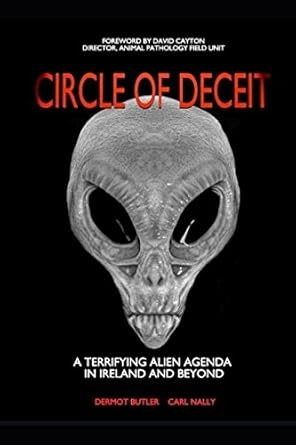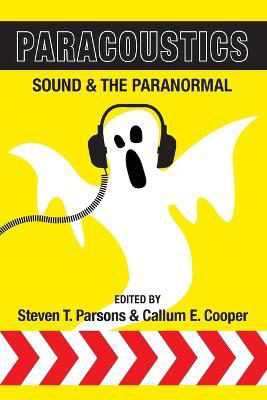UAPs 'A Puzzle Worthy of Study' Reportedly Stated By EU Commission President, Ursula Von der Leyen
Alien Life & UFO/UAPs
Friday 19th, July 2024
2 minute read.
As momentum builds on whether UAP related questions will feature in the upcoming US presidential debates, a recent revelation from the International Coalition for Extraterrestrial Research (ICER) has added a new dimension to the discussion in Europe. ICER's Deputy Representative for Ireland, Chris Gaffney, is reported to have uncovered a letter from the sitting EU Commission President, Ursula Von der Leyen, to a Malaysian astronomer. In the letter, Von der Leyen is said to have confirmed her position that UAP are "a puzzle worthy of study" and advised all EU member states to pursue this line of inquiry.
The letter, which has not been widely publicised, is said to reveal Von der Leyen's progressive stance on the topic of UAPs. Her advice to EU member states to study UAP seriously underscores a growing recognition of the importance of understanding these phenomena. This move aligns with increasing global interest, particularly in the United States, where UAP related matters have garnered significant attention from both the public and the government.
Von der Leyen was nominated for a second term by EU leaders which she attend this week. Her position on UAPs could potentially position her as a forward thinking leader on an issue that many have traditionally shunned. With UAP discussions becoming more mainstream, Von der Leyen's proactive approach could resonate with a broader electorate seeking transparency and scientific curiosity from their leaders.
UAPs, commonly referred to as UFOs, have long been a subject of intrigue and speculation. However, recent declassified military footage and government reports have shifted the discourse from conspiracy theories to legitimate scientific and security concerns.
By pushing all EU member states to study UAPs, Von der Leyen could be seen to be calling for a coordinated European approach to this global issue. This could lead to collaborative research efforts, pooling resources and expertise from across the continent to better understand UAP and their potential implications. Such a united stance could also foster stronger international partnerships, particularly with the United States, where similar studies are already underway.
The coming months will hopefully reveal whether Von der Leyen's stance will influence her future direction and the broader European approach to UAP research. For now, her proactive position sets a precedent for other leaders to consider the scientific and security implications of UAP seriously.
The letter, which has not been widely publicised, is said to reveal Von der Leyen's progressive stance on the topic of UAPs. Her advice to EU member states to study UAP seriously underscores a growing recognition of the importance of understanding these phenomena. This move aligns with increasing global interest, particularly in the United States, where UAP related matters have garnered significant attention from both the public and the government.
Von der Leyen was nominated for a second term by EU leaders which she attend this week. Her position on UAPs could potentially position her as a forward thinking leader on an issue that many have traditionally shunned. With UAP discussions becoming more mainstream, Von der Leyen's proactive approach could resonate with a broader electorate seeking transparency and scientific curiosity from their leaders.
UAPs, commonly referred to as UFOs, have long been a subject of intrigue and speculation. However, recent declassified military footage and government reports have shifted the discourse from conspiracy theories to legitimate scientific and security concerns.
By pushing all EU member states to study UAPs, Von der Leyen could be seen to be calling for a coordinated European approach to this global issue. This could lead to collaborative research efforts, pooling resources and expertise from across the continent to better understand UAP and their potential implications. Such a united stance could also foster stronger international partnerships, particularly with the United States, where similar studies are already underway.
The coming months will hopefully reveal whether Von der Leyen's stance will influence her future direction and the broader European approach to UAP research. For now, her proactive position sets a precedent for other leaders to consider the scientific and security implications of UAP seriously.



